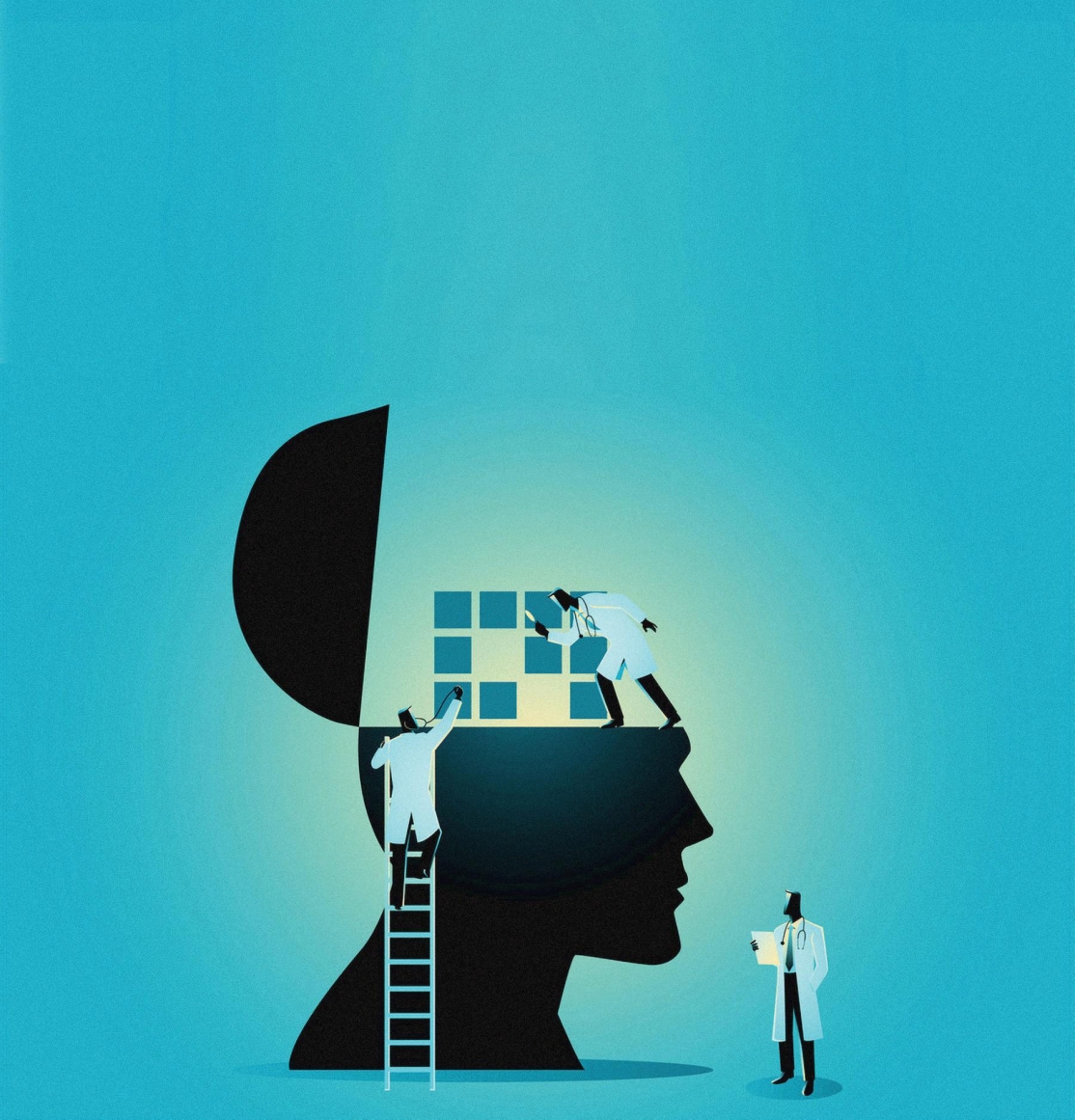DEMENTIA AND INTELLECTUAL DISABILITIES
BY CRAIG ESCUDÉ, MD FAAFP, FAADM

There have been significant advances in research on Alzheimer's disease, including the development of blood tests and more sensitive brain scans that can help diagnose Alzheimer's dementia.
Dementia can be a pretty scary thing for anyone. For people with disabilities, changes or a decline in cognitive functioning can be quite challenging to recognize, especially in people who do not use words to communicate.
When we are looking to diagnose dementia, clinicians frequently use tests like a mental status exam where a person is asked to remember lists of items, draw a picture of a clock with numbers on it, and recall current events, like naming the current president and the city and state where they live. For some with disabilities, questions like these may not have ever
been able to be successfully answered due to a different baseline of knowledge and comprehension. So how then, can we attempt to accurately diagnose dementia in people with differing levels of cognitive baseline functioning?
One way to do this is to look at changes in functional status over time. There is a tool developed by the National Task Group (NTG) on Intellectual Disabilities and Dementia Practices called the Early Detection and Screen for Dementia (EDSD)1 (the-ntg.org/ntg-edsd), which is specifically geared to help assess levels of functional decline over time in people with intellectual and developmental
- pewresearch.org/fact-tank/2022/01/13/share-of-those-65-and-older-who-are-tech-users-has- grown-in-the-past-decade/